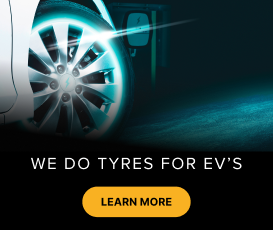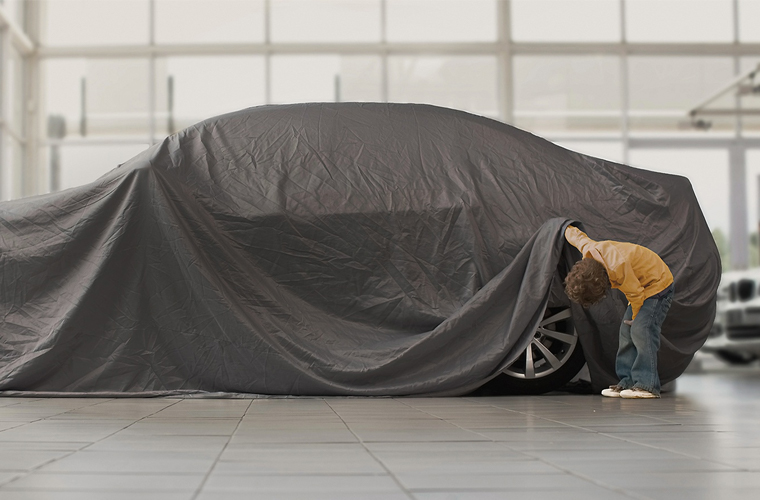The future of driving will redefine what we think a car is forever
With the latest advances in technology, coupled with the evolution of transport over the last one hundred years, car makers and suppliers to the automotive industry like Continental have had to continually adapt to keep pace.
In 1871, Continental was founded to manufacture rubber, the new must-have material of the age. The automotive revolution had not yet begun, but it wasn’t far off. Now, in 2019, Continental continues to be one of the most advanced rubber manufacturers in the world, and with it creating some of the best premium tyres on the market, but it’s now expanded to become a automotive technology company that also provides solutions for powertrains, chassis and safety, interiors, and software.
The company’s continual development has allowed them to become one of the giants of the automotive sector, and evolution is the challenge that car manufacturers will face even more intensely, as the twenty-first century progresses and the the world begins to question what a car could be – or should be.
The man machine
With the rapid evolution of automation in the car industry, there are questions about the future role people will have with their cars. This relationship has been slowly changing over the years, with semi-autonomous technology already found in most most modern vehicles. With minimal driver involvement, cars are already capable of automatically change lanes, speed up and slow down as necessary, and even self-park. In twenty years time, drivers may find themselves simply supervising the artificial intelligence that does all the actual driving for us, in autonomous vehicles.
Should this prove to be the case, it’s possible that cars may become completely different environments for their occupants. There’s a good chance that they’ll look more like a living space than a typical car interior, providing passengers with high levels of comfort and advanced connectivity, as well as infotainment systems. It’s only logical, since if we don’t need to spend our time focused on driving, time in a car could be put to better use, right?
Electrification, autonomous driving – and beyond
At present, western technological society finds itself between the continued use of traditional, polluting combustion engines, and those powered by clean, emissions-free electrification. Car manufacturers are working hard to ensure that the vehicles they introduce over the coming years can be easily adapted to swap fire for electricity.
So important is this period of transition that some governments around the world – including here in Ireland – have announced deadlines after which the sale of vehicles with combustion engines will end. How will automotive brands, some famous for their thrilling engines and driver engagement, stay relevant in an electrified world?
To support the anticipated flood of electric cars that will ultimately be driven in Ireland over the next decade or two, charging points are being built across the country. Some people are having smaller chargers installed at their places of work, and at home. There’s even the possibility that we’ll even see hydrogen fuel cell vehicles enjoy a larger share of the market. The future of driving in Ireland is up for grabs.
Continental: Prepared for the future
With so many possible outcomes, car manufacturers are likely be showcasing a diverse range of very exotic concept vehicles over the coming years. What a car should and could be is currently being debated and researched by designers and engineers around the world. Continental is helping drive this conversation, and is prepared for any eventuality, thanks to the extensive research, development and diversity of its engineering and manufacturing portfolio.
BestDrive by Continental – You drive, we care.


